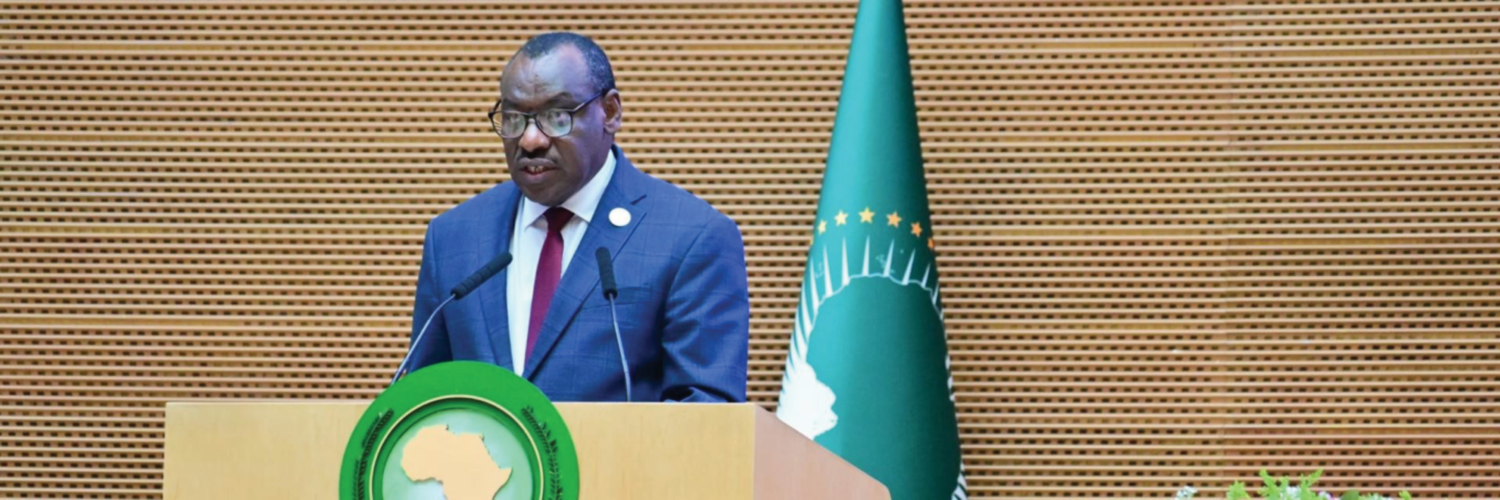Cost: The future of multiple generations at stake and the cost of inaction is unimaginable loss
By Monk Nkomo
Education is a basic human right and a key enabler for achieving collective socio-economic development objectives but much still remained to be done to ensure education for all in the African continent.
Addressing a summit of the United Nations Economic Commission (ECA) for Africa in Addis Ababa at the weekend, Claver Gatete, UN Under- Secretary – General and Executive -Secretary of the ECA, said the meeting marked a pivotal moment in their commitment to transform the education system to one that was ‘’ fit for purpose’’ in today’s world.
The major question that had to be asked and addressed, Gatete said, was whether the current education systems and curriculum were preparing the African youth for the future job market. Measurable results required the necessary investments in infrastructure, resources and in developing the right curricula. ‘’The Covid-19 pandemic hastened the adoption of technology in many industries and current poly-crises are forcing us to rethink the global landscape. ‘’Today, quantity,quality and equal access remain major barriers. When we fail to provide accessible and inclusive education, we deny people this right. We also limit our prospects to structurally transform,’’ Gatete said.
Leaders needed to translate promises into tangible actions because the future of multiple generations was at stake. ‘’ The cost of inaction is unimaginable loss.’’ Education, Gatete added, remained a top priority for the United Nations. He commended the African Union for making it their major focus for this year. He warned that by the year 2030, nearly one in two young people worldwide, would be African.
The evolving population dynamics however, were not matched with vital skills for Africans to fully participate in a changing workforce. According to the United Nations Educational, Scientific and Cultural Organization (UNESCO), nearly 700 million youths and adults lacked basic literacy skills, with women being a larger proportion. Gatete said closing the digital gender divide should be everyone’s priority because it was just and made economic sense.
A total 40 percent of children from poorest families did not complete primary school, compared to 80 percent from richest families who completed.
Gatete said in the 1960s, African leaders questioned the relevance of the colonial education system in meeting the developmental needs of Africa. ‘’Yet, six decades later, we continue to reflect on the same question – are our current education system and curriculum preparing African youth for the future job market?’’
Smart agricultural technologies, digital platforms, e-commerce, automation, and artificial intelligence were changing the skills required for many economic sectors. Science, technology, engineering, and mathematics (STEM) were now skills for the future. STEM occupations generated more wealth and improved competitiveness and economic growth. Furthermore, integrating technical and vocational education and training (TVET) in education systems can boost entrepreneurship, creativity and innovation.
Gatete said less than 25 percent of higher education students pursued STEM courses. The stark gender divide meant that women made up only 30 percent of STEM students. Inadequate resources, lack of education and absence of basic numeracy were limiting Africa’s STEM landscape.
‘’We must therefore ask: ‘what investments do we need to make today to generate a workforce for the future?’’
Gatete said quality education was imperative This called for a digital transformation of education systems because the world was witnessing a digital shift in the global workforce.
Africa only accounted for 0.1 percent of global innovation and the expenditure on research and development averaged only 0.45 percent of GDP. In addition, Africa’s share of the global patent application was only 0.5 percent, when compared to 66.8 percent for Asia. Without a doubt, it made good business sense to upscale investments in Africa’s education system toward areas that enhanced productive capabilities and boosted global competitiveness, according to Gatete.
Sustainable industrialization and economic diversification remained the most promising channels for jobs and wealth creation. Innovation would be the foundation to achieve this. ‘’Therefore, improvement in education, especially investments in STEM and TVET are sine qua non to building the requisite productive capabilities. To make the African Continental Free Trade Area work, we need a skills revolution underpinned by science, technology, engineering and innovation’’.
Africa cannot afford to play small in this 4th industrial revolution. The continent must be drivers or miss yet another opportunity. Africa can build technological capabilities that fostered value addition in strategic sectors like agribusiness, manufacturing, green transitions, global health.
Gatete added that together, they could generate economies of scale and agglomeration because they had the necessary workforce.
He suggested that if the TVET was integrated within a modernized education system, capable labour markets for micro, small and medium-sized enterprises would be ensured to become more competitive. Education was as close to a panacea as they had towards achieving transformational change. But measurable results required the necessary investments in infrastructure, resources and in developing the right curricula. Curricula that would allow Africa to leverage its natural and human capital, and the demographic dividend, when parts of the world are struggling with aging populations.
‘’To this end, we urgently need to translate our promises into tangible actions. We know that unprecedented fiscal challenges are impacting governments’ fulfillment of the Incheon and Paris Declarations.
Notwithstanding, there are things we can do’’.
- Governments can foster partnerships between industries and educational institutions so that curricula align with job markets.
- Improvements in the efficiency of educational spending and investments through strengthened performance accountability frameworks can also yield results.
- More can be done to crowd in the private sector to support human capital development.
- Cross-continental educational networks can promote intra-Africa knowledge sharing and mutual recognition of education and training systems and qualifications.




























